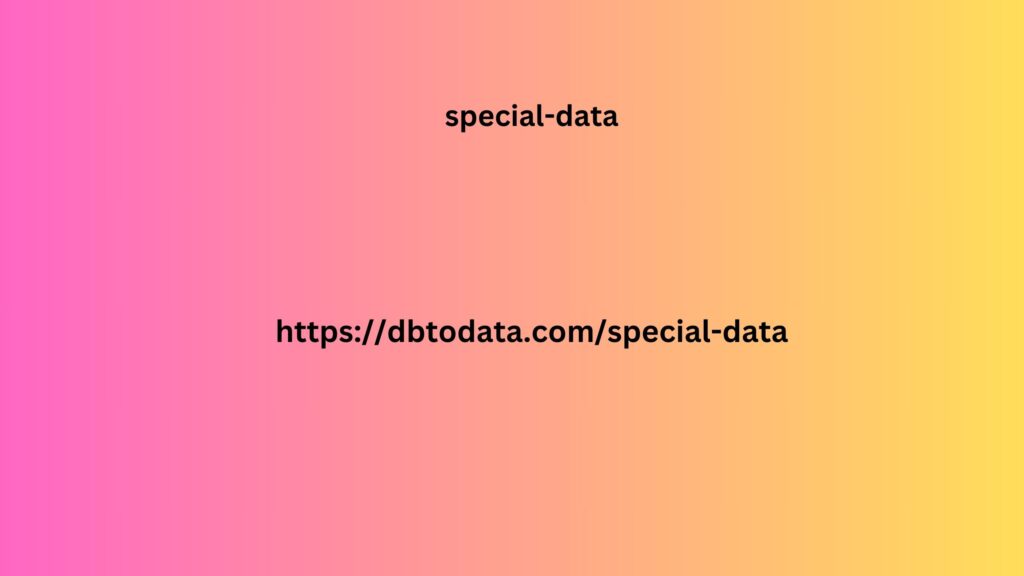to those with parentheses; however, avoiding the use of both, if possible, would be the best course of action. In terms of using title separators Titles with brackets are such as ‘|’ or ‘-’ to add in a brand name at the end of your tag, completely avoiding them seems slightly unattainable. Thankfully neither will be penalised by Google at the moment; however, ‘-’ seems to be preferred over ‘|’.
Keyword stuffing and repetitive
language Whilst keyword or keyphrase stuffing bc data europe has never been considered title tag best practice, with the new changes Google has made repetition of a keyword, even if it flows well and makes sense in the title, a penalising factor, which could have your title tag rewritten. For example, mentioning a place name that may also be in your brand name, or repeating a service name could all lead to having your Google title tag edited by the search engine.
It is therefore even more important
to be careful with your title tag writing to make sure you’re not including any superfluous language and keywords. This also includes not using the same titles for multiple pages. Matching your Title Tag to the H1 While this used to be considered bad practice, according to Zyppy, one of the best ways you can reduce the chance of your title tag being changed with the new Google title tag update is through matching your title to your H1 (your main page heading).
H1s are actually an important ranking
factor for Google, as they are the first piece of content on a webpage and therefore it is crucial that it is relevant and reflects the rest of the content on the page. Therefore, matching your title tag to your H1, regardless of the category of page e.g., service pages, blog posts etc, will help you to avoid title tag rewrites by Google.
Overall, despite the concern around
this new Google title tag update, especially the. Uncertainty of whether or. Not your title tags face being rewritten. And edited. Out of your control, there are still ways to try. And combat this from happening to your site. Hopefully following. Some of the new you can create events that title tag best practices, will help reduce your. Chances of having your title. tags. Replaced by Google . Learning more. About on-page best. Practices or need help with. The on-page optimisation of your content, get in touch today!The digital marketing landscape is. Evolving faster than ever and Pay Per Click (PPC) advertising is no different.
In 2022 we’re set to see a whole host
of new PPC trends, and we’ll all need to be able to stay on top of them to keep our strategies up to date. The PPC landscape is definitely material data changing and with a host of new measures such as privacy protections and responsive search ads .BVeing brought in, it can feel like there’s a lot to keep on top of.
Thankfully, we’re here to let you
know what to expect from PPC this year. Privacy Protection Changes There’s a growing concern amongst users surrounding privacy protection. In recent years we’ve seen governments step in to address these concerns through measures such as GDPR and last year we saw private companies launch their own initiatives such as Apple and their controversial IOS 14 update,

